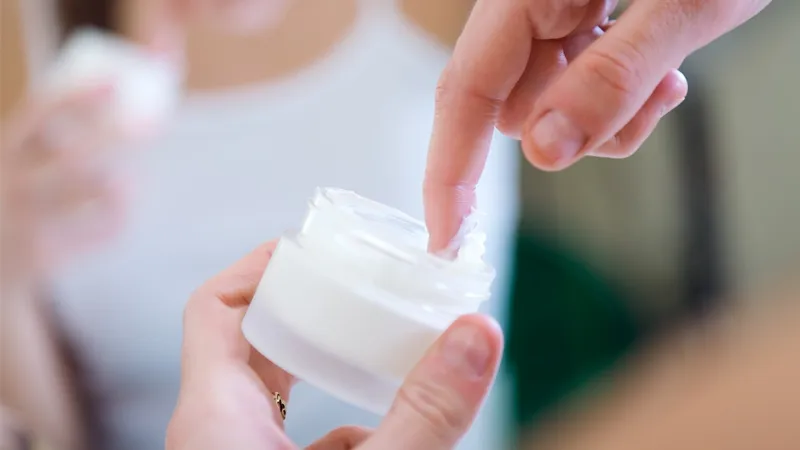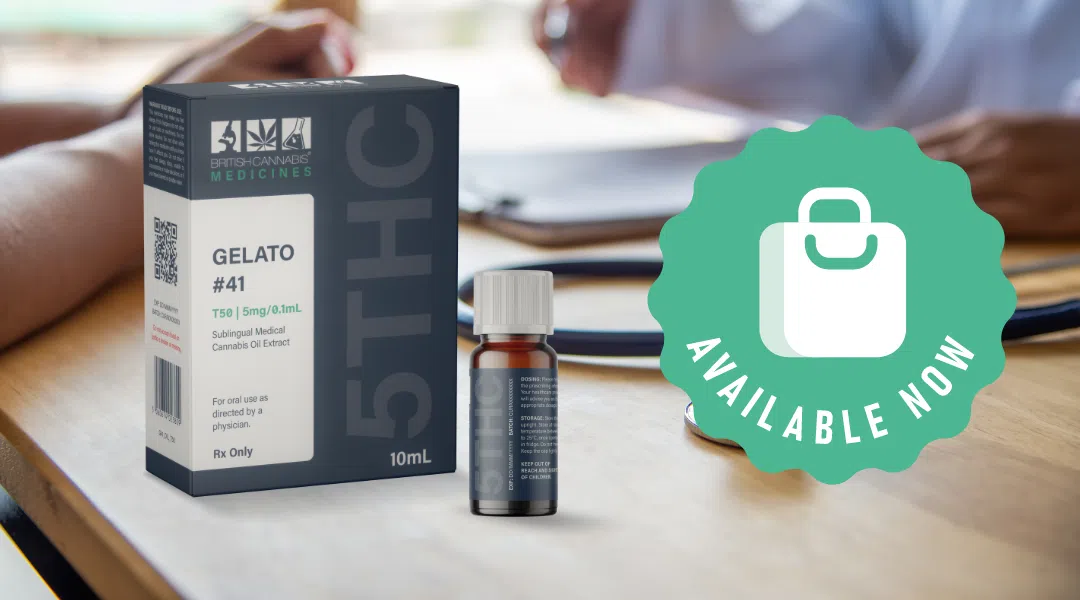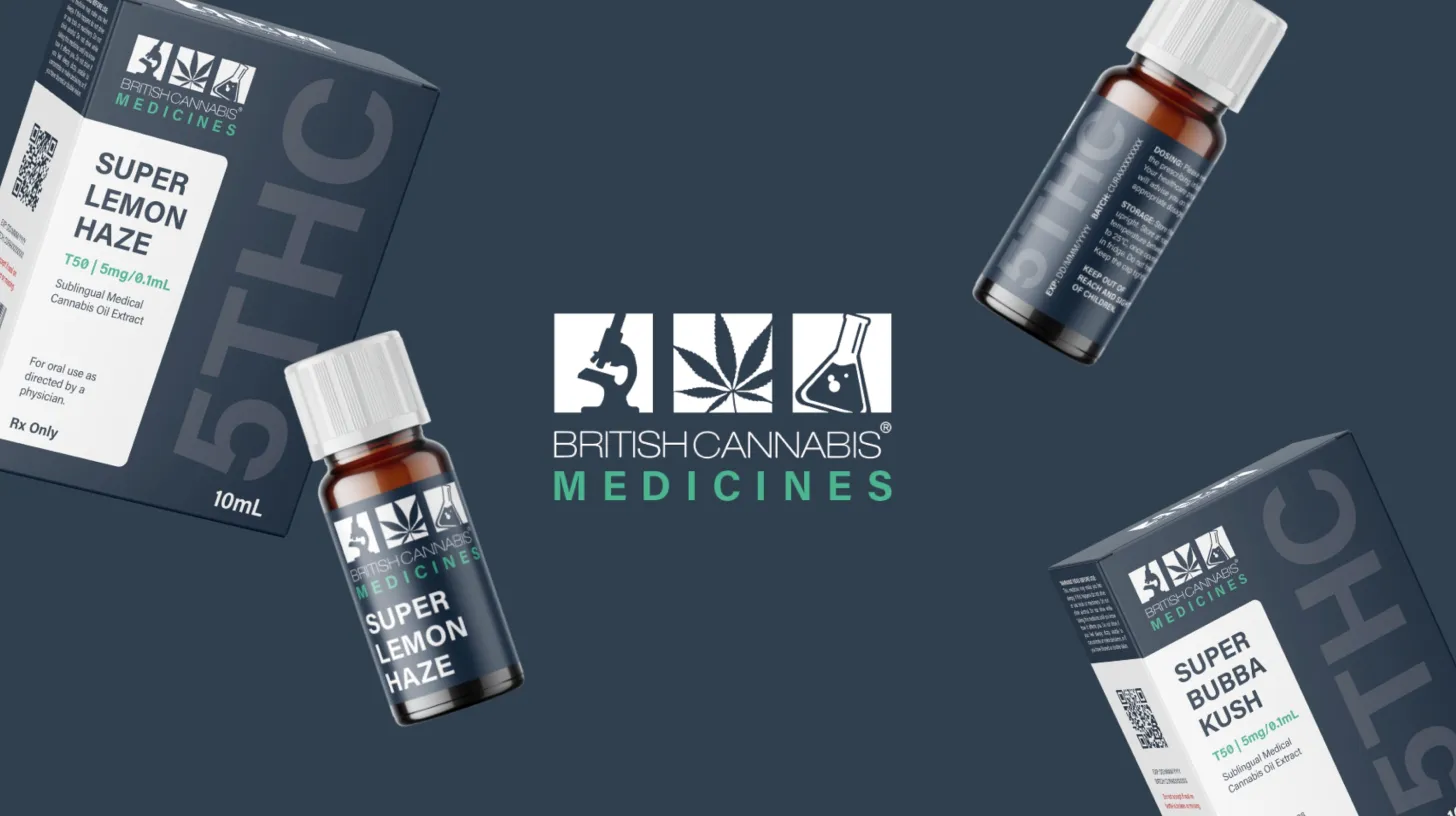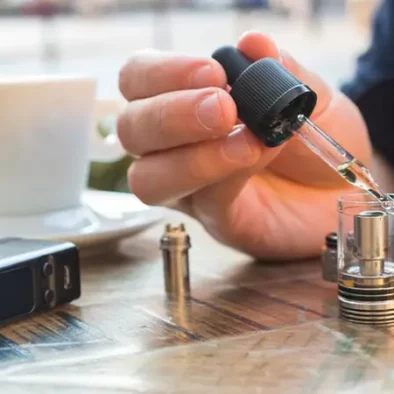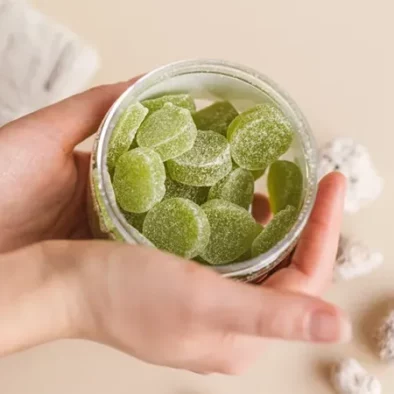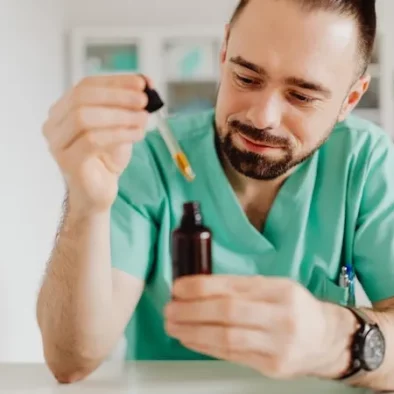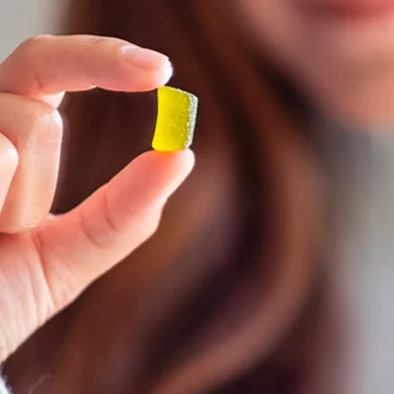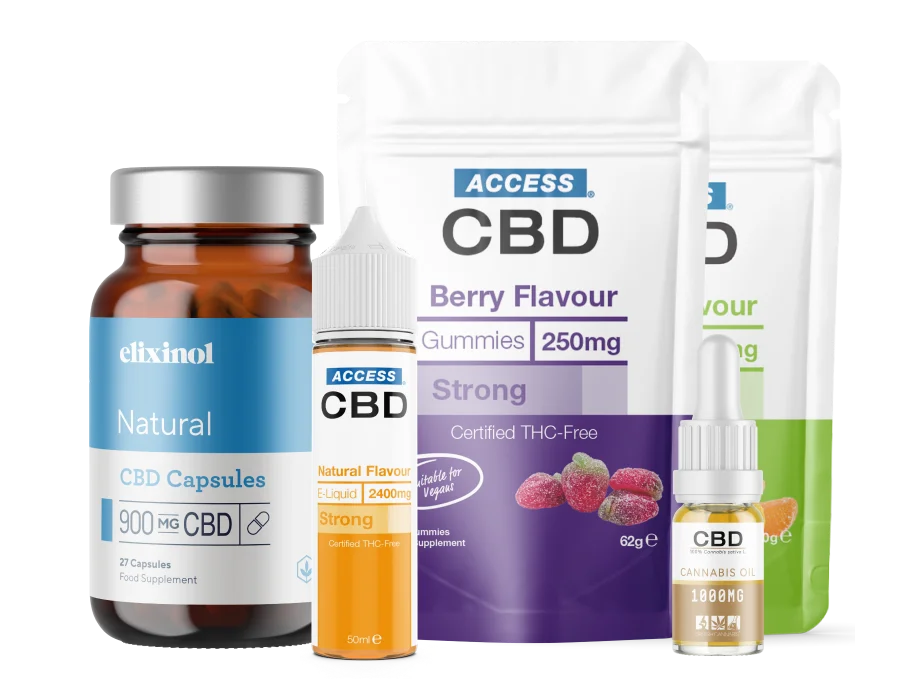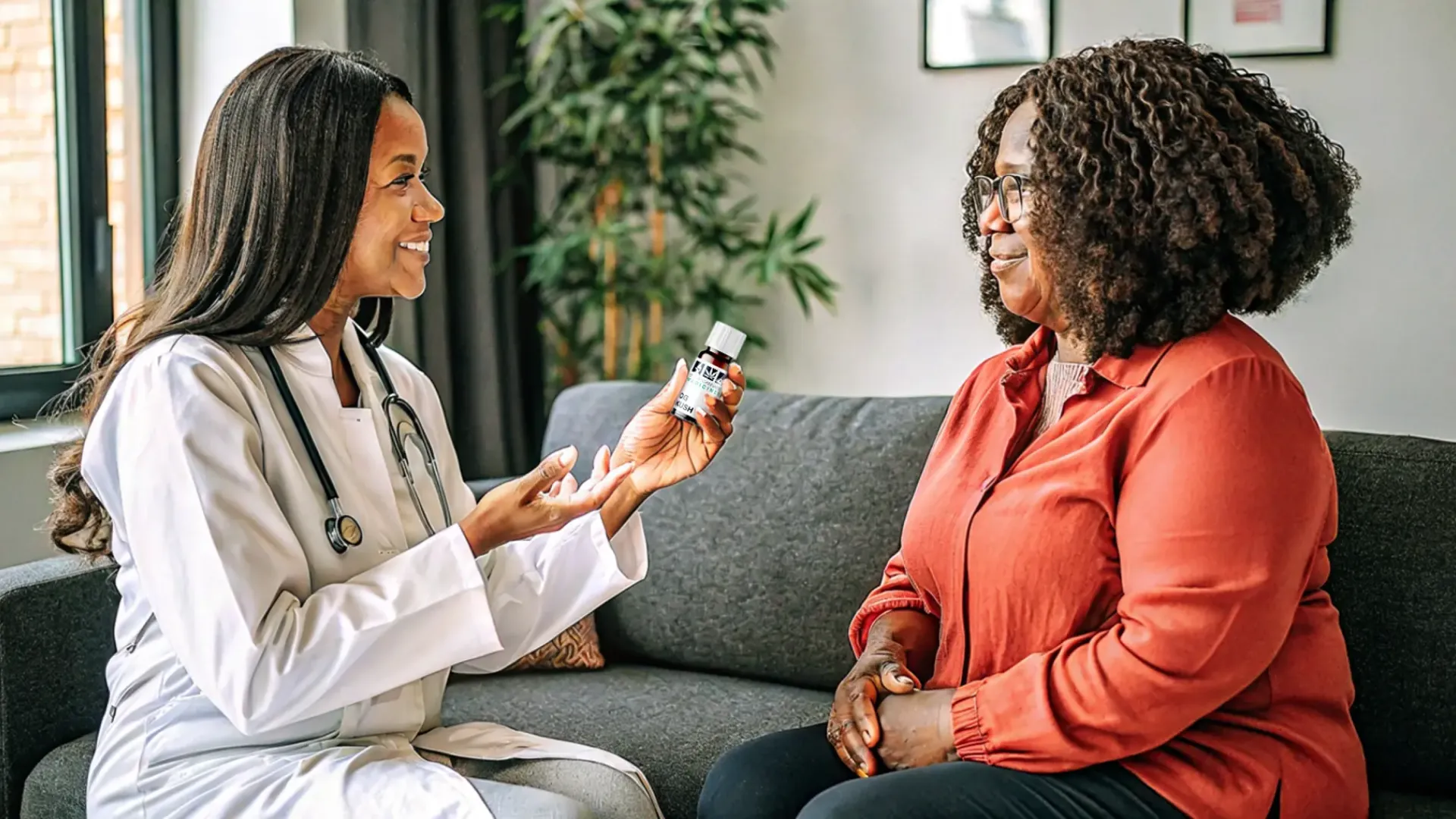
Understanding the Implications Of CBD Balm Interaction
Does CBD Balm Interact with Medications?
As CBD balm continues to gain popularity in the world of natural wellness and skincare, many people are drawn to its potential therapeutic benefits. However, as more individuals incorporate it into their routines, an important question arises: “Does CBD balm interact with medications?”
Understanding the potential interactions is crucial for anyone looking to safely add CBD balm to their health regimen.
This guide will explore the possible effects of CBD balm when used alongside various medications, addressing concerns related to its interactions. From anti-epileptic drugs and antidepressants to opioids, knowing how CBD balm might impact these medications can help users make informed decisions.
We’ll cover the following topics to provide a comprehensive overview:
- What is CBD Balm?: A look at what CBD balm is and its common uses.
- Interactions with Medications: Exploring how CBD balm could interact with medications like anti-epileptic drugs, antidepressants, and opioids.
- CBD and Illicit Substances: Understanding the effects of combining CBD with substances like THC.
- Choosing the Right CBD Balm: The importance of selecting high-quality products from trusted sources, such as British Cannabis™.
- Consulting Healthcare Professionals: Why it’s essential to seek medical advice when using CBD balm, especially if you are on other medications.
By understanding these interactions, you can better navigate the safe use of CBD balm within your daily life.
What is CBD Balm?
CBD balm is a topical product made with cannabidiol (CBD), a non-psychoactive compound from cannabis plants. Unlike THC, CBD won’t cause a “high,” making it a safe option for everyday use.
Applied directly to the skin, CBD balm provides targeted relief for discomfort or irritation. The CBD interacts with the skin’s endocannabinoid receptors without needing to pass through the digestive system.
Most CBD balms combine CBD extract with carrier oils, waxes, and sometimes essential oils or herbs. This blend helps soothe, moisturize, and support skin health naturally.
With rising interest in natural skincare, CBD balm has become a popular choice for those seeking plant-based solutions to common skin issues.
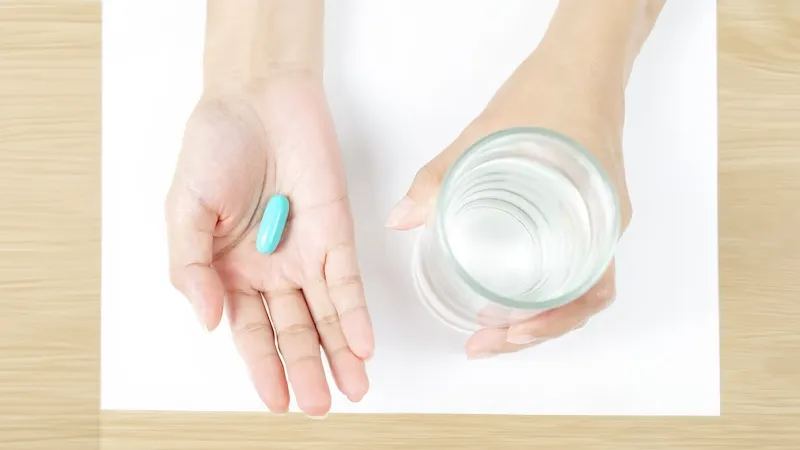
The Rising Popularity of CBD Balm
The surge in popularity of CBD balm is a testament to the shifting attitudes towards natural wellness solutions. In recent years, there has been a growing interest in alternative therapies, and CBD products, particularly balms, have come to the forefront.
This rise can be attributed to the increasing body of anecdotal evidence and scientific research that suggests potential health benefits. People are turning to CBD balm for its purported ability to provide relief from discomfort, inflammation, and various skin conditions.
Moreover, the ease of application and the non-invasive nature of topical CBD make it an attractive option for those who are cautious about ingesting supplements or medications.
This growing interest in CBD balm also reflects a broader trend towards plant-based and holistic approaches to health and wellness. As consumers become more educated about the ingredients in their skincare and health products, there’s a noticeable shift towards products with natural, non-toxic ingredients.
CBD balm fits well into this category, often being combined with other natural oils and herbs, which further enhances its appeal.
However, with this increased usage comes the responsibility of understanding how CBD balm interacts with other medications. As CBD products become more mainstream, consumers and healthcare providers alike must be aware of potential drug interactions.
Interactions with Medications
Interaction with Anti-Epileptic Drugs
CBD’s potential in managing epilepsy has been one of the most studied aspects of its medical use. Research suggests that CBD can have a significant impact on the efficacy of anti-epileptic drugs.
In some cases, it can enhance the effects of these medications, potentially allowing for lower dosages. However, it can also inhibit the metabolism of certain drugs, leading to increased concentrations in the bloodstream, which could heighten the risk of side effects.
This complex interaction underscores the need for careful monitoring and consultation with healthcare professionals when using CBD in conjunction with anti-epileptic medications.
CBD and Antidepressants
The interaction between CBD and antidepressants is a subject of growing interest and concern. CBD may affect how the body metabolizes certain antidepressants, particularly those that are processed through the same liver enzymes. This interaction can either increase or decrease the levels of antidepressants in the blood, potentially altering their therapeutic efficacy and side effect profile.
Patients using antidepressants should approach CBD use with caution and always consult with their healthcare provider before starting any CBD product.
Interactions with Opioids
The potential interaction between CBD and opioid medications is particularly noteworthy given the current opioid crisis. Some studies suggest that CBD might enhance the pain-relieving effects of opioids, which could be beneficial in reducing opioid dosages and mitigating the risk of dependency and side effects.
However, this interaction also requires careful management to avoid adverse effects, including increased sedation or respiratory depression.
Other Notable Drug Interactions
Beyond these specific categories, CBD has the potential to interact with a wide range of medications. This includes certain cardiovascular drugs, hormonal contraceptives, and some chemotherapy agents.
The extent and nature of these interactions can vary based on the specific medication and the individual’s unique physiology.
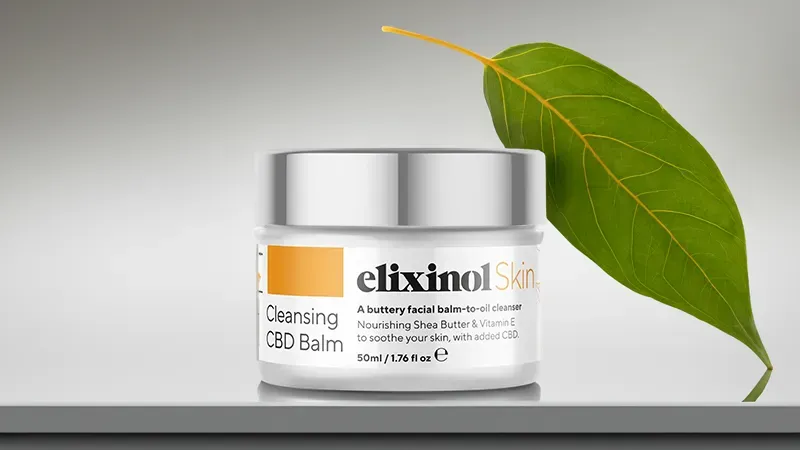
CBD and Illicit Substances
Interaction with Tetrahydrocannabinol (THC)
The interaction between CBD and THC is complex and multifaceted. While CBD does not produce the psychoactive effects of THC, it can influence how THC affects the body.
In some cases, CBD may mitigate some of the psychoactive effects of THC, potentially making it less intense or more manageable. This interaction is particularly relevant for individuals using cannabis products that contain both THC and CBD.
Does CBD Balm Interact With Medications?
While CBD is generally considered safe, it can interact with certain medications. This is because CBD is metabolized by the same liver enzymes that process many pharmaceuticals.
This interaction can affect how your body processes these medications.
Consulting Healthcare Professionals
Before incorporating CBD balm into your routine, especially if you’re on medication, consult with a healthcare provider. They can provide personalized advice based on your health history and current medications.
Choosing the Right CBD Balm
When selecting a CBD balm, it’s essential to choose a reputable brand. British Cannabis™, the largest UK manufacturer of CBD products, offers a range of high-quality CBD balms.
Their products are rigorously tested, ensuring purity and potency.
Conclusion
While CBD balm offers potential benefits, understanding its interactions with medications is crucial for safe use. Always consult with healthcare professionals and choose reputable brands like British Cannabis™ for quality products.
By staying informed and cautious, you can safely explore the benefits of CBD balm as part of your wellness routine.
References
Shea, L. A., Leeds, M., Bui, D., Mujica, M., Poupard, M., Rodriguez, R., Matura, J. M., Carnazzo, A., & Spence, A. (2020). “Over-the-counter” cannabidiol (CBD) is sold in the community pharmacy setting in Colorado. Drugs & Therapy Perspectives, 36, 573–582. https://link.springer.com/article/10.1007/s40267-020-00781-3
Yenilmez, F., Fründt, O., Hidding, U., & Buhmann, C. (2021). Cannabis in Parkinson’s Disease: The Patients’ View. Journal of Parkinson’s Disease, 11(1), 309-321. https://www.mdpi.com/2077-0383/8/7/989?utm_sq=g4xlu2tj61

